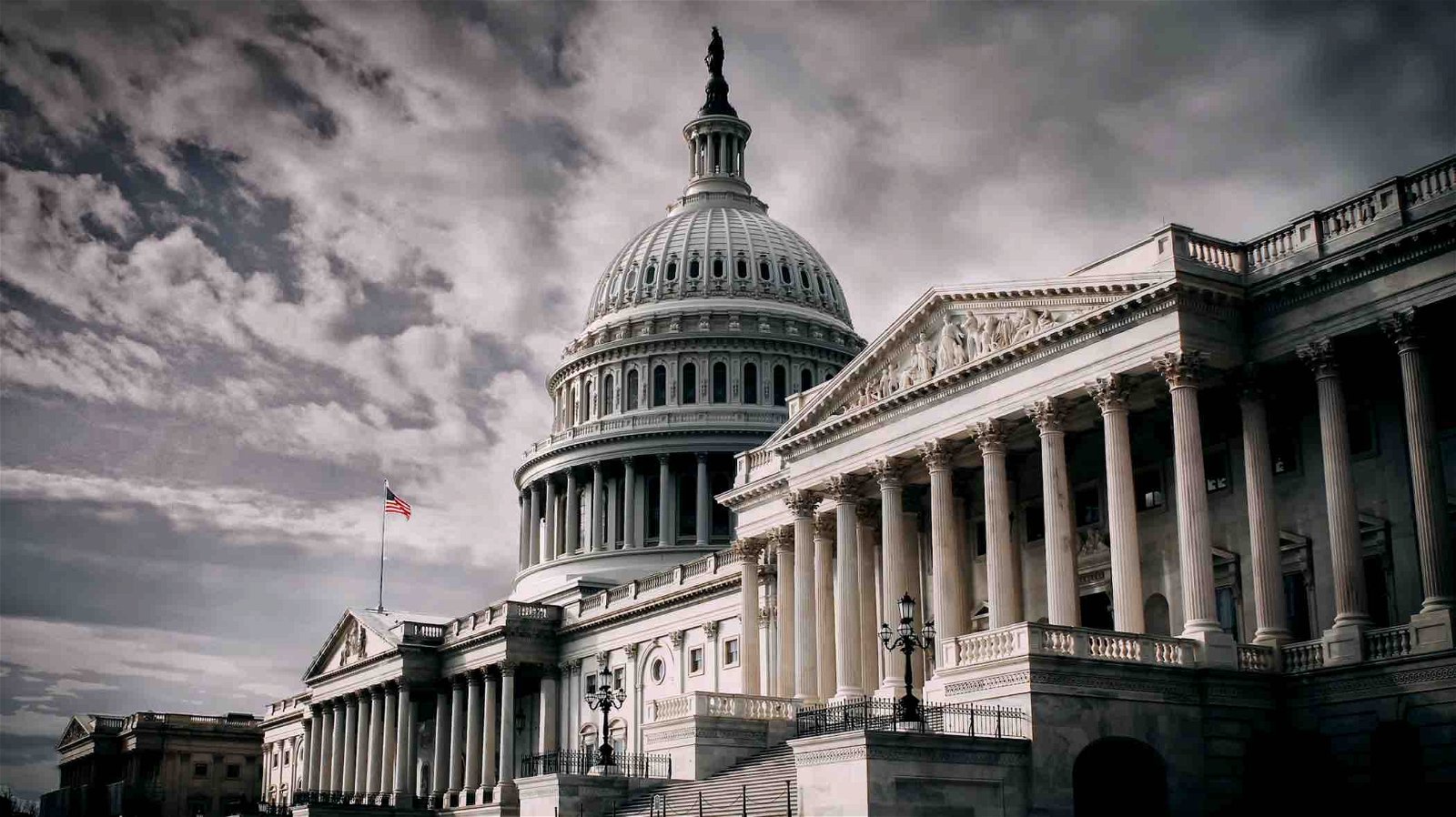A bipartisan measure aiming to disclose U.S. government records related to UFOs has come under fire from top politicians in Washington, as advocates continue working against time to save the imperiled transparency effort, The Debrief has learned.
Earlier this year, Senate Majority Leader Chuck Schumer (D-NY) united with Senator Mike Rounds (R-SD) to introduce a 64-page proposal to bring about the disclosure of official information on what the U.S. government now calls unidentified anomalous phenomena (UAP). Dubbed the Unidentified Anomalous Phenomena Disclosure Act of 2023 (UAPDA), the proposal was cut from the same mold of an earlier law in 1992, which outlined the disclosure of records related to the JFK assassination in 1963.
The act was introduced as part of the National Defense Authorization Act (NDAA), an annual piece of legislation that authorizes funding for the U.S. Armed Forces and outlines the budget and operations for the Department of Defense in accordance with Article 1 Section 8 of the U.S. Constitution. Among the key components included in the legislation is a provision concerning eminent domain, whereby the U.S. government could effectively confiscate and appropriate any UAP technologies that are revealed to exist, as well as the creation of a presidential records review board similar to the one outlined in the 1992 law.
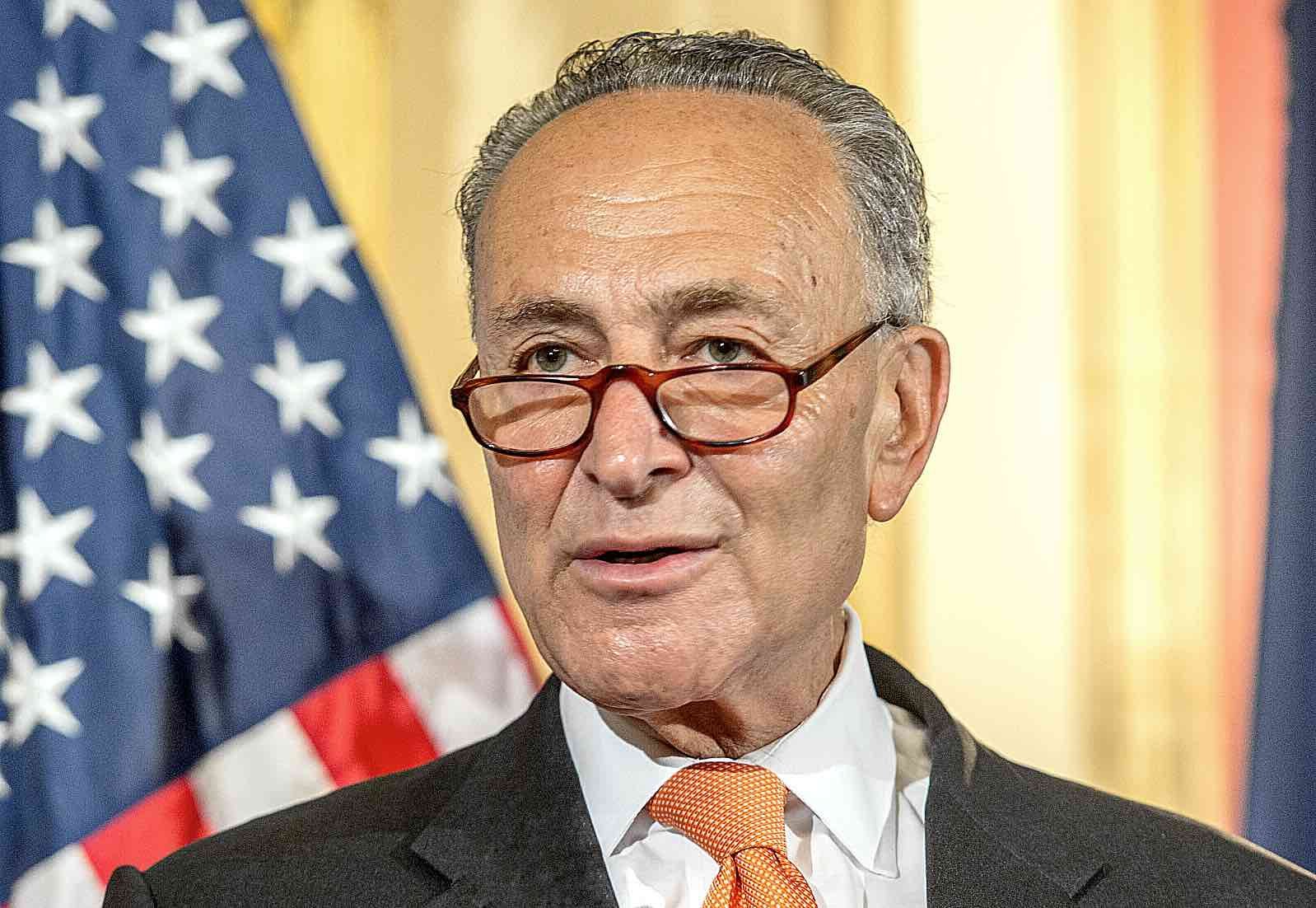

In July, the Senate version of the bill, which included the UAP legislation, was approved in an 86-11 vote, following a House vote that approved its version by a 219-210 vote. After each version of the bill was passed, the two chambers entered a formal conference process to negotiate between the two versions of the bill.
However, late last week, it was learned that Representatives Mike Turner (R-OH) and Mike Rogers (R-AL) were ramping up efforts to eliminate or significantly change the wording in the UAP Disclosure Act during negotiations in the NDAA conference.
The new developments, first reported by the Liberation Times last week, indicated that Turner, Chair of the House Permanent Select Committee on Intelligence, and Rogers, Chair of the House Armed Services Committee, had leveraged support from Senate Minority Leader Mitch McConnell (R-KY) and Speaker of the House Mike Johnson (R-LA), a move which cast significant doubts over whether the UAP Disclosure Act would make its way into the final version of the NDAA signed into law by President Biden.
A source close to the negotiations tells us that the NDAA conference is wrapping up. The outcome of The UAP Disclosure Act is uncertain and key terms like the civilian review board are at risk. The time to contact Congress is NOW.
We are sending letters to Senators Round and…
— Americans for Safe Aerospace (@SafeAerospace) November 24, 2023
Despite the grim forecast that emerged over the weekend, concerted efforts by a bipartisan coalition of advocates in recent days have resulted in a final push to leverage pressure against lawmakers to save the UAP Disclosure Act. The result has been a uniting of forces between players on opposite ends of the political spectrum, who are now fighting for a common goal: ending decades of U.S. government stonewalling on the issue of UAP.
The UAP Disclosure Act: ‘Must-Pass Legislation’
“The Schumer-Rounds UAPDA is must-pass legislation,” says Kevin Wright, Founder of Solve Advocacy, a Washington-area public relations and issue advocacy consulting firm. For more than two decades, Wright has worked in public relations involving everything from national issue campaigns and nonprofit statewide ballot initiatives to Presidential Super PACs.
However, with the introduction of the UAP Disclosure Act earlier this year, Wright, who also works as a volunteer with the Scientific Coalition for UAP Studies (SCU), a nonprofit group of scientists and other professionals devoted to the scientific investigation of UAP, has devoted most of his time to advocacy related to aerial mysteries.
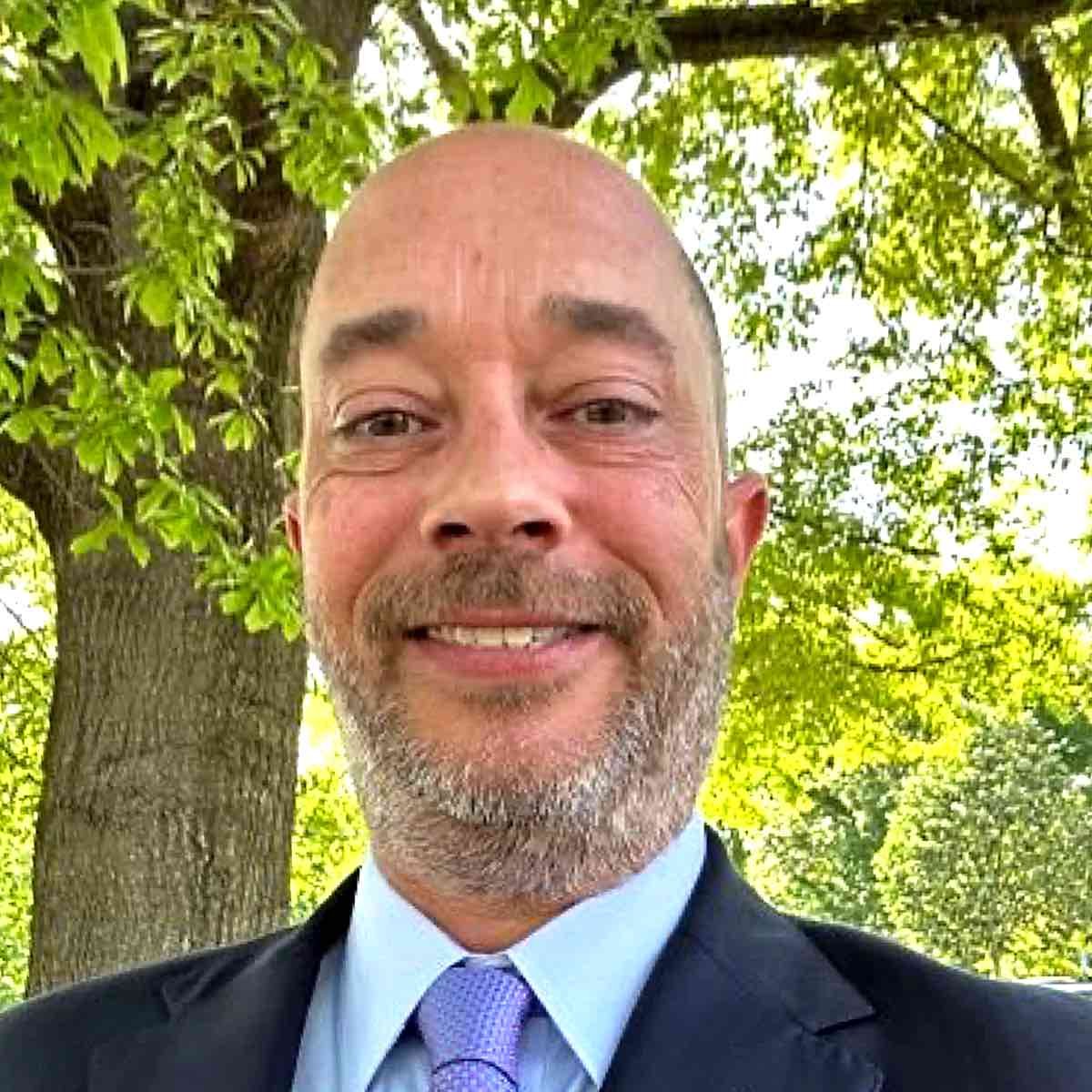

“The UAPDA provides a pathway for the government to finally free itself of what it has discovered over the past 80 or more years,” Wright told The Debrief. “It is a win for the public, thirsty for an honest and transparent government, and it is a win for a return to Constitutional constraints, providing elected officials and authorities delegated through public law to regain control of the government, including appropriate Congressional oversight.”
However, for Wright and the like-minded advocates he works with, the UAP Disclosure Act, if it were to pass, would not represent the end of the transparency campaign.
“As with any legislation, there are several foreseeable problems. We will all have to continue to advocate for greater transparency,” Wright says, no matter the outcome of the current battle, which many believe could significantly impact the Senate’s UAP provision if not halt it altogether.
The circumstances involving the embattled UAP Disclosure Act have led Wright, who in his professional career has worked mainly for Republican candidates, to join forces with colleagues on the opposite end of the political spectrum in their efforts to push for recognition among lawmakers of the significance of UAP transparency.
Fortunately for Wright, he finds himself in very good company.
Constitutional Law and UAP
A Harvard College, Harvard Law School, and Harvard Divinity School–trained Constitutional Litigation and Appellate Attorney, the events spanning Daniel Sheehan’s five decades as a constitutional and public interest lawyer read almost like a textbook on U.S. history, if not a Hollywood screenplay.
From the Pentagon Papers and Watergate to the Karen Silkwood case, the La Penca bombing, and the Iran Contra affair, Sheehan has litigated several of the 20th century’s landmark American legal cases. However, Sheehan’s advocacy involving what the U.S. government now calls unidentified anomalous phenomena has been his primary focus in recent years.
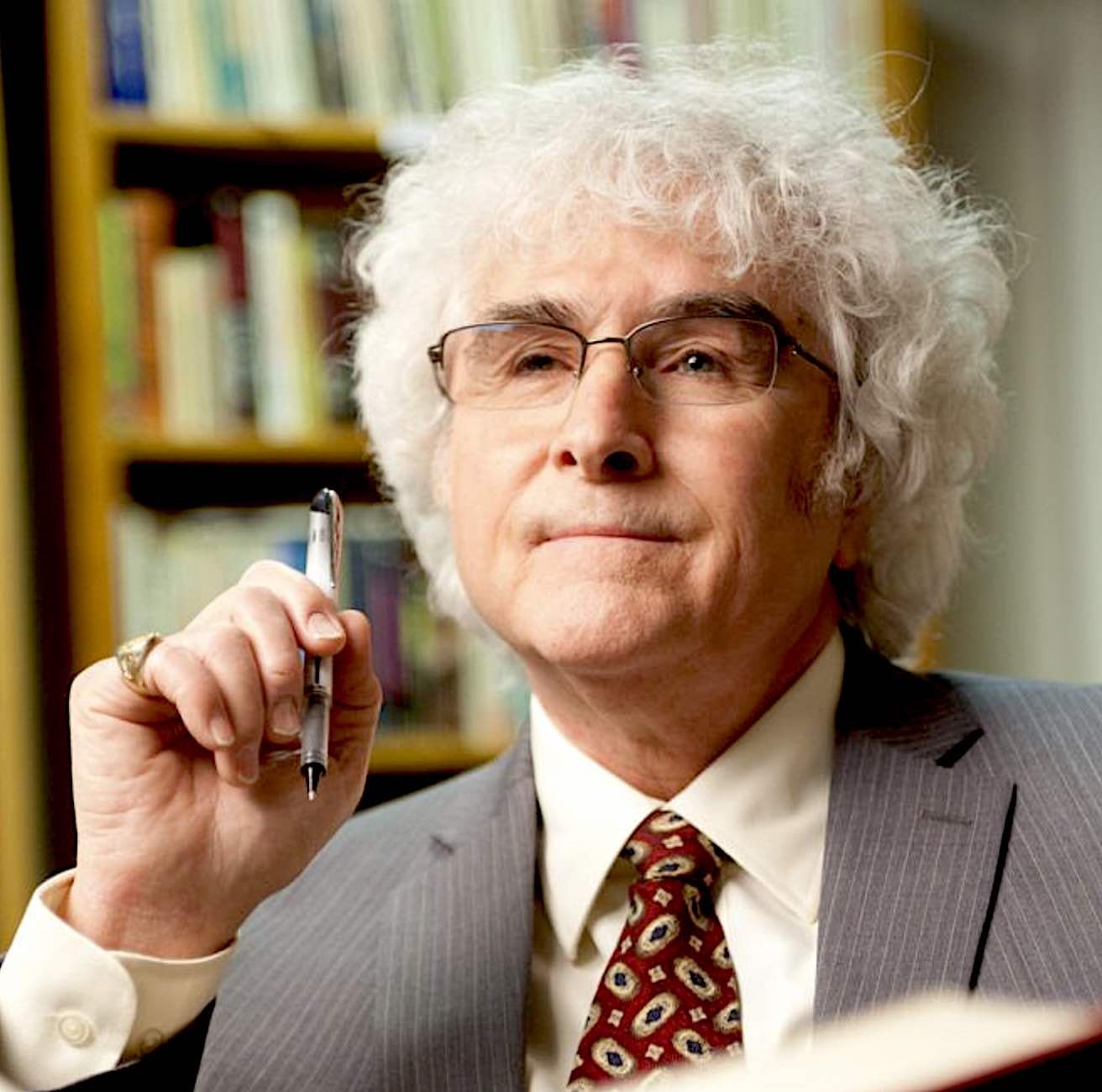

Arguably, that unwavering focus on applying constitutional law toward resolving mysteries in the skies also may never have been quite so significant as it has become in 2023, a year of similar landmarks in the effort to advance government transparency on UAP, all of which now appear to hang in the balance.
Sheehan’s professional journey began in 1968 when he co-founded the Harvard Civil Rights Law Review. Early in his career, alongside co-founder Mark Greene, Sheehan also initiated a case that would have significant ramifications for the way journalists report on government issues.
“One of the first cases that we actually did was the case that ended up establishing the rights of journalists to protect their confidential sources,” Sheehan told The Debrief. “This went all the way to the United States Supreme Court while we were still in law school. And because of that, I was retained by one of the top Wall Street corporate litigation law firms.”
That firm represented NBC News, a development that helped cement Sheehan’s role in several pivotal moments in U.S. legal history, including the 1971 leak of the Pentagon Papers and the Watergate scandal.
“We ended up being the ones that got called when The New York Times got the Pentagon Papers,” Sheehan remembers. “We had all the meetings and discussions with the New York Times board of editors about how we would go about publicly revealing what had been registered as top secret by the government, and over the top of the active resistance on the part of the Nixon administration, to stop us from getting the right to publish this.”
“Because of that, I developed a very positive relationship with a lot of investigative journalists,” Sheehan said. “And they began to reveal things to me.”
It was through his involvement with the Pentagon Papers and Watergate that Sheehan was exposed to the darker side of operations within the U.S. government, primarily the use of government authority to wage covert wars and maintain access to strategic raw materials for American corporations, often in violation of constitutional and ethical principles.
Seeking to address these systemic issues, he leveraged his background in foreign policy and comparative social ethics, ultimately becoming General Counsel at the U.S. Jesuit Headquarters. This role put him at the center of policy development in response to major government departments and agencies. His work also led to involvement with the Carter administration. At that time, Sheehan says he was tasked with working on classified UFO studies for the President, whose interest in the subject stemmed from a sighting of an unusual light one evening near Leary, Georgia, in 1969.
“I was contacted by the head of the Science and Technology Division of the Congressional Research Service, Dr. Marsha Smith, who had been asked by President Carter to prepare two originally classified reports to him,” Sheehan said. “One was on the potential likelihood of there being an extraterrestrial civilization, and the second one was whether or not any of at least some of these UFO encounters in sightings might actually be a vehicle from an extraterrestrial civilization.”
Sheehan said it had been in that context that he was given access to classified portions of Project Blue Book, the United States Air Force’s investigation into UFOs during the 1950s and 1960s.
“It was there that I saw actual photographs of a crash retrieval project that was underway,” Sheehan says.
Although the images would be the most compelling thing he observed during his time working with the Carter Administration, it was only the beginning of Sheehan’s professional involvement with UFOs. He would go on to represent the late Dr. John Mack at Harvard University, who, prior to his untimely death in 2004, had been one of the most prominent proponents of human encounters with the unexplained. Sheehan also became counsel for the Disclosure Project, the Citizens Hearings on UFO Disclosure, and more recently, he has represented individuals like Lue Elizondo, who came forward with information about the U.S. government’s secret UFO programs and faced retaliation.
For Sheehan, the efforts to bring transparency and constitutional oversight to the issue of UFOs and the possible existence of extraterrestrial life have benefited greatly from the involvement of figures like Senator Marco Rubio (R-Fl) and Senator Kirsten Gillibrand (D-NY), two of the more prominent elected officials within a bipartisan coalition aiming to protect whistleblowers and, more fundamentally, help to broaden our view of the world around us.
“What we’re experiencing right now is a coalition of true patriots and true Americans who are trying to resuscitate and reestablish the constitutional oversight authority of our government over this extraordinary issue of whether or not we actually exist in the midst of a much larger interstellar culture,” Sheehan told The Debrief.
From civil rights advocacy and challenging covert government operations to the question of whether the U.S. government is withholding significantly more about its involvement with UFOs than has been publicly acknowledged, the common threads running throughout all of Sheehan’s work are a dedication to constitutional governance, ethical transparency, and the pursuit of a more informed and expansive human perspective.
“This is an extraordinary subject, which requires the development of a new human worldview,” Sheehan says. “That’s why our New Paradigm Institute is been designated as one of the groups that is to recommend nominees for a presidential panel to be appointed to oversee this process.”
“And that’s where we find ourselves today.”
Trouble on Capitol Hill
Despite the efforts of advocates like Sheehan, Wright, and countless others on the issue of UAP transparency, the fate of the UAP Disclosure Act currently remains in question.
During a recent appearance on The Joe Rogan Experience, David Grusch, a former intelligence officer turned whistleblower who alleges the U.S. has recovered craft of non-human origin and illegally withheld that information from Congress, as first reported by The Debrief in June, addressed the current pushback from House lawmakers on the UAP Disclosure Act.
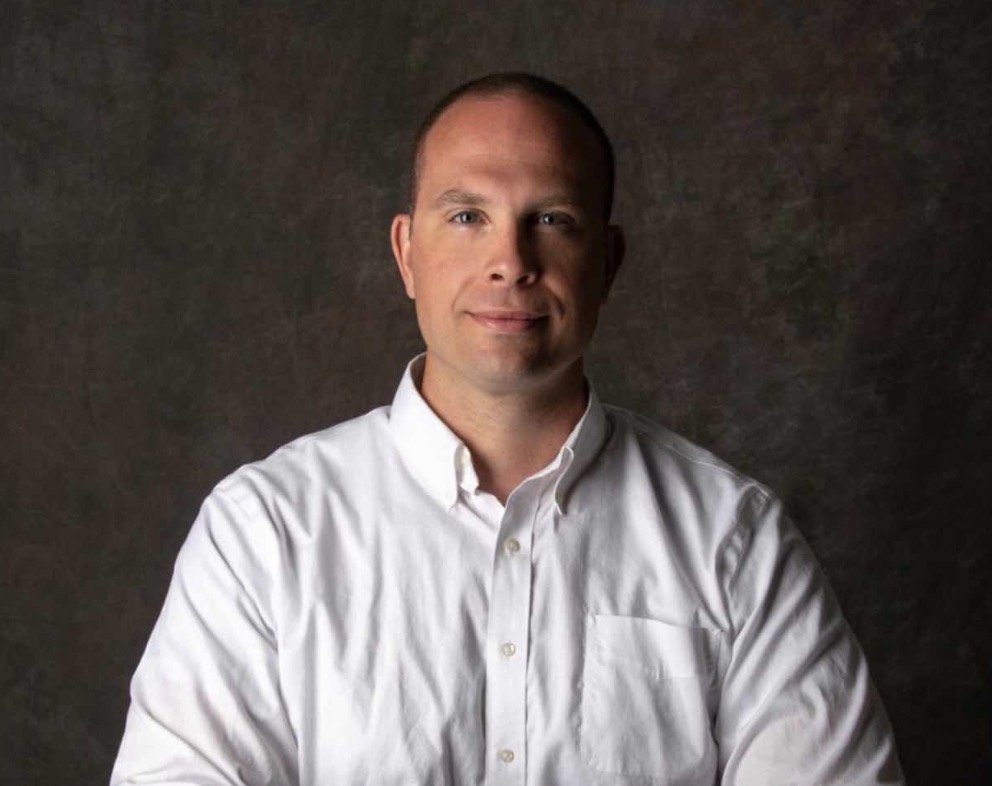

“For one, they’re saying it duplicates the DoD AARO’s activities,” Grusch told Rogan during the podcast, naming Representatives Mike Rogers and Mike Turner among those who are blocking the UAP Disclosure Act. Grusch also emphasized Turner’s proximity to Wright Patterson Air Force Base, the headquarters of the Air Force Materiel Command with a deep history in aerospace innovation in Dayton, Ohio. Notably, Wright Patterson had also been the home of Project Bluebook, the Air Force’s official investigation into UFOs throughout the 1950s and 1960s.
According to data made available by OpenSecrets.org, the website of the Center for Responsive Politics, a non-profit, non-partisan research group that tracks money in U.S. politics, Rep. Mike Turner’s largest 2023-2024 campaign contributors are listed as “Misc Defense” at $62,350, followed by “Defense Aerospace” at $46,300.
During the 2022 election cycle, Rep. Mike Rogers was the largest recipient of funding from the defense sector by a wide margin, according to data made available by OpenSecrets.org (see below). Similarly, listed among the largest contributions to Rep. Rogers in 2023-2024 were “Misc Defense” at $121,200, down significantly from the $282,350 he received in the previous election cycle, during which the largest contribution from a single contributor had been $60,750 from Lockheed Martin.
“So, I have a problem with Mike and Mike right now,” Grusch told Rogan on the podcast. Grusch also specifically named Lockheed Martin as a possible recipient of portions of the exotic technologies that he learned of during his tenure as an intelligence officer, further describing visits with the late Nevada Senator Harry Reid, who had expressed similar views in the past.
“I was told for decades that Lockheed had some of these retrieved materials,” Reid told The New Yorker in April 2021. “And I tried to get, as I recall, a classified approval by the Pentagon to have me go look at the stuff. They would not approve that.” Reid, speaking with journalist Gideon Lewis Krauss, said he was repeatedly denied clearance to view these materials. Attempts by The New Yorker to obtain a statement from Lockheed Martin about the alleged issue at that time were declined.
In July, following a Congressional hearing where Grusch testified alongside former U.S. Navy pilots David Fravor and Ryan Graves about U.S. government issues related to UAP, Rep. Turner expressed doubts when asked by Fox News host Maria Bartiromo to comment on testimony Grush provided about biologics he said were recovered along with alleged past acquisitions of exotic craft.
“Maria, I always love it when you have somebody who comes forward and testifies about things that they don’t know anything about,” Turner told Bartiromo on July 30, 2023. “I mean… the most striking aspect of all the testimony was, repeatedly over and over again, the whistleblowers had to say, actually, I don’t have any knowledge of this. Somebody else told me that.”
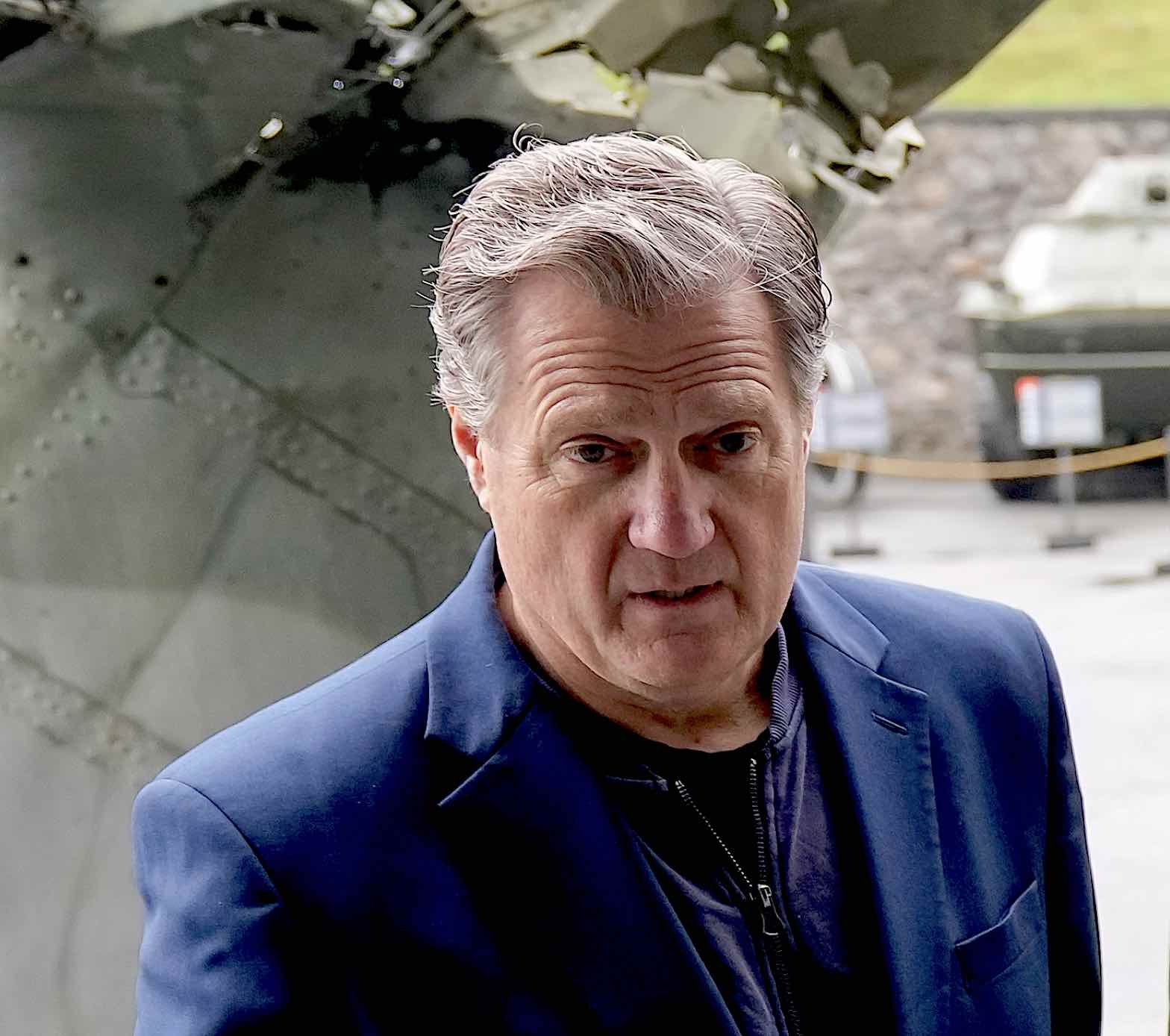

“I mean, really, this would take thousands and thousands of people for such an unbelievable coverup to be occurring, and for people to speak with such, um, you know, confidence over something that they do not know is, I think, something that certainly everybody needs to be concerned about,” Turner added.
“I certainly can’t tell you that there are no aliens here,” Turner told Bartiromo. “I can tell you that, certainly, there’s no evidence that what the gentleman is testifying about he has, he said himself personally, he has no direct knowledge of.”
Rep. Turner has consistently downplayed the UAP issue in interviews and, in some instances, appears to have refused to respond to questions about the subject altogether. However, while insinuations that pressure from defense contractors could be motivating lawmakers like Turner and Rogers to work against the current UAP legislation, it is noteworthy that several other House Republicans have continued to demand funding cuts to portions of the bill that are unlikely to pass the Senate, which include items unrelated to UAP such as climate, environment and nuclear energy programs.
Whatever the true motivations of lawmakers who are currently working to block the UAP disclosure provisions in the Senate version of the bill might be, Sheehan argues that the recent allegations made by whistleblowers like David Grusch nonetheless point to the existence of a bureaucratic element within the U.S. government, which has effectively worked to conceal the full extent of the U.S.’s involvement with the acquisition of UAP materials over the decades.
If the UAPDA were to pass, Sheehan says the nine-person panel it would establish would “have the power to extract this information from the deep state elements that have it and bring it into the hands of the United States Congress.”
“There appears to be solid and believable evidence that somehow this technology has been secretly and unlawfully turned over to private industry,” Sheehan told The Debrief. “[It] has been turned over to the high-tech aerospace industries, such as Lockheed Martin and Raytheon.”
“This is an extraordinarily important issue that our American people need to weigh in on, about whether or not we believe that that’s an appropriate use of this information,” Sheehan says.
Sheehan also says that two specific provisions within the UAPDA—those involving eminent domain and subpoena power—were key targets for those in the House who have recently opposed the amendment.
“Mike Turner first attacked those two elements,” Sheehan told The Debrief. “[He said] we want the eminent domain provision out of here, and we want the subpoena power out of here. And when our people that were working on this responded to the statute by saying, ‘Why would you be so worried about the eminent domain provision if you don’t have any of the technology, as you keep on insisting?’ At which point they retreated to an abstract argument on behalf of libertarian values of not having to state, you know, overreach, and to be able to seize private property.”
“Our response was, how many other issues have you raised on this on, you know, being opposed to the entire concept of eminent domain?”
“None. Just this one,” Sheehan told The Debrief. “Then they retreated and said, ‘Okay, well, then we’re going to take a position to oppose completely allowing anything in this bill to be put into the National Defense Authorization Act.’”
“What we’ve got to do is concentrate on not only all of the other members of the House Intelligence Committee, virtually all of whom support this bill other than the chairman, who comes from the Wright Patterson Air Force Base, basically. And then there’s one other person who is Michael Rogers, the head of the House Armed Services Committee. And he’s from the second congressional district down in Alabama, right next door to the Redstone Arsenal.”
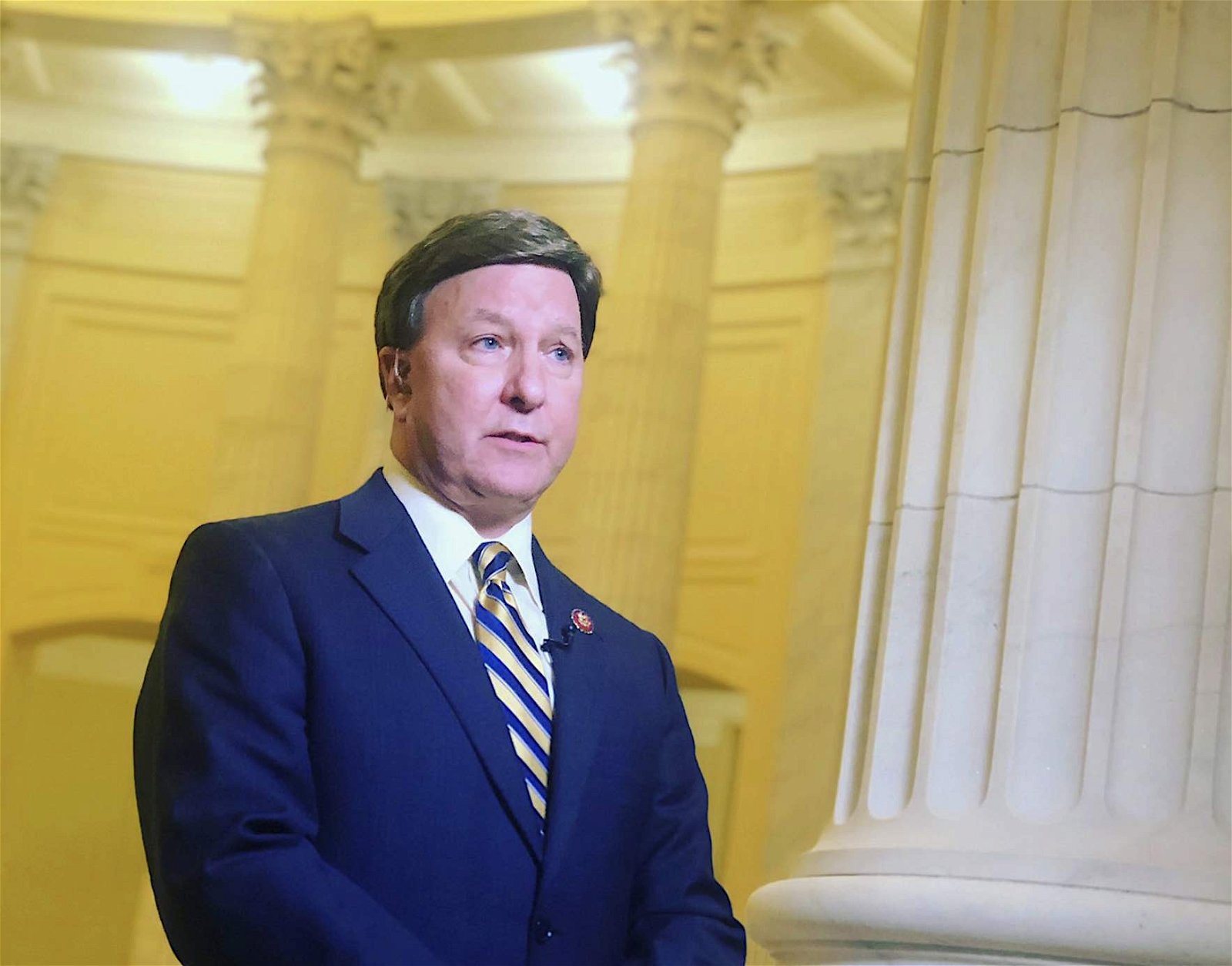

“People in both of those districts, the 10th Congressional District in Ohio, and the Second Congressional District down in Alabama, need to write to them, send cables to them, send emails to them… go sit in their office to talk to them, you know, to get them to back off this,” Sheehan told The Debrief.
“They have a constitutional duty, as the chairs of those committees in the Congress, to get this information, and they are absolutely placing their own personal financial campaign contributions above getting this information into the hands of the Congress, which is constitutionally mandated to exercise oversight over this program.”
“So that’s where the bill is right now.”
The UAP Disclosure Act: An Unprecedented Bipartisan Issue
For UAP advocates like Sheehan and Wright, as well as several members of Congress and others in Washington, efforts toward achieving broader government transparency on the UAP issue have helped to unite individuals from opposing political backgrounds in an unprecedented way, bringing them together to focus on a common cause.
“Government transparency is an issue that cuts across party lines,” Wright told The Debrief. “Regardless of political persuasion, people expect their government to be honest and transparent.”
“That is also true for lawmakers,” Wright says. “In fact, it might be even more important for them, regardless of party, when they find out they are being lied to and denied proper oversight. The UAP angle makes it even more compelling given the subject matter of possible non-human intelligence (NHI), [of] which polls show a heightened level of interest and a high level of distrust when it comes to the government.”
“What difference does it make if you are a Republican or a Democrat, if the government knows more than it has admitted, and if there is an NHI involved? People simply want, and have a right, to know,” Wright says.
Wright admitted that his work with Sheehan might never have occurred if had not been for their mutual advocacy of UAP, given the usual partisanship that occurs in Washington; a divisiveness in American politics that now could well prevent the UAP Disclosure Act from ever becoming law.
“There would likely never be an issue or cause that would find Danny and me working together,” Wright told The Debrief.
“We stand at different ends of the political spectrum in most instances, except for government transparency, and believing the people have a right to know the truth about UAP and NHI.”
“And this issue is too important to let political affiliations get in the way.”
Micah Hanks is the Editor-in-Chief and Co-Founder of The Debrief. He can be reached by email at micah@thedebrief.org. Follow his work at micahhanks.com and on Twitter: @MicahHanks.
